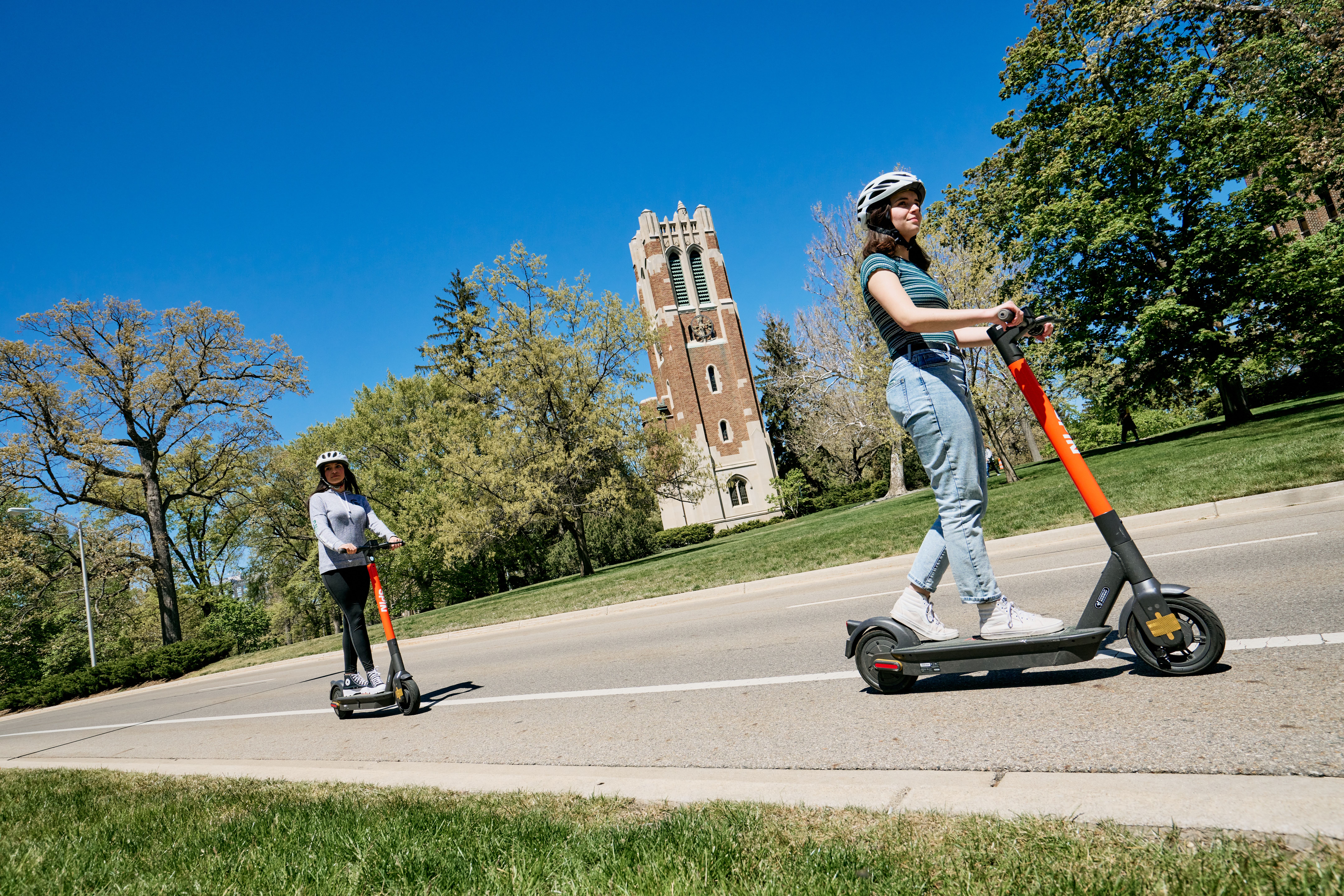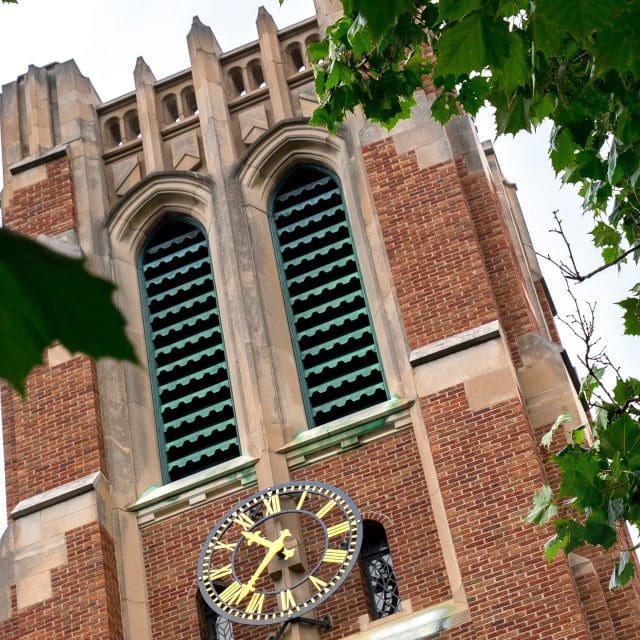MSU Mobility Research Goals
MSU Mobility seeks to become a premier ecosystem for research and development of technologies and processes that drive the future of human-centric multi-modal mobility of the 21st century. MSU Mobility research is focused on developing integrated systems of communication and control for automated vehicles and their environment.
Understanding human engagement with — and the societal impacts of — autonomous technology is an integral part of our mission. We take a multimobility approach to transportation that encompasses connected, automated vehicles; bicycles; scooters; pedestrians and smart infrastructure, operating within a diverse campus validation environment.
Spanning a variety of disciplines as well as on-campus collaborative groups such as MSU Mobility and CANVAS, MSU’s mobility research is driven by more than 60 faculty researchers within the colleges of Engineering, Law, Communication Arts and Sciences, Social Science and the Eli Broad College of Business.
Mobility @ MSU News
Mobility @ MSU Faculty
Mobility @ MSU Research
Contact Us





